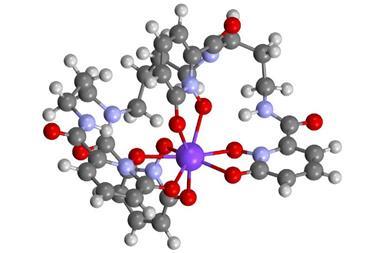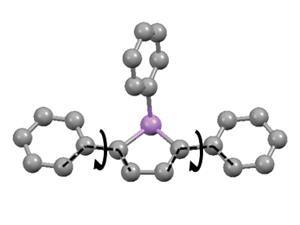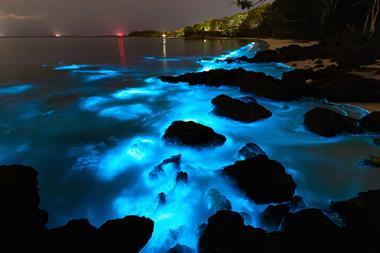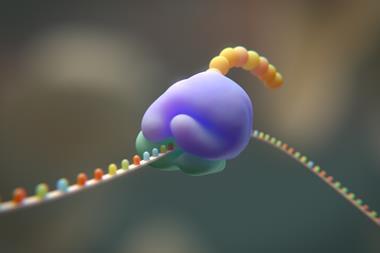Uranium–arsenic complexes remain stable under ambient conditions
A group of scientists from the UK and Germany has synthesised a uranium–arsenic complex with bonding that remains stable under ambient conditions. The discovery may help to improve the performance of chemical treatments used to recycle nuclear waste.
The UK’s Nuclear Decommissioning Authority predicts that there will be 4.5 million m3 of nuclear waste in the UK by the end of this century. Such waste is produced after uranium or plutonium oxide fuel has been burnt up in a nuclear reactor and the resulting mixture consists of highly radioactive actinides and unexposed fuel.
Under the current UK strategy, the unused fuel is removed from waste via solvent extraction. But the industry has been attempting to improve this process by researching highly selective ligands, which can easily isolate the desired uranium and plutonium for recycling.
Stephen Liddle and his colleagues at the University of Nottingham have synthesised a uranium(iv)–arsenic complex, where the central bonding remains stable with a soft donor ligand under ambient conditions, in this case tri(amido)amine.
The team found that although the uranium–arsenic bond was polarised and fragile, the bonding remains covalent and either one-, two- or three-fold depending on the parent complex synthesised. It is hoped the bonding study will help to improve the future design of selective ligands.












No comments yet